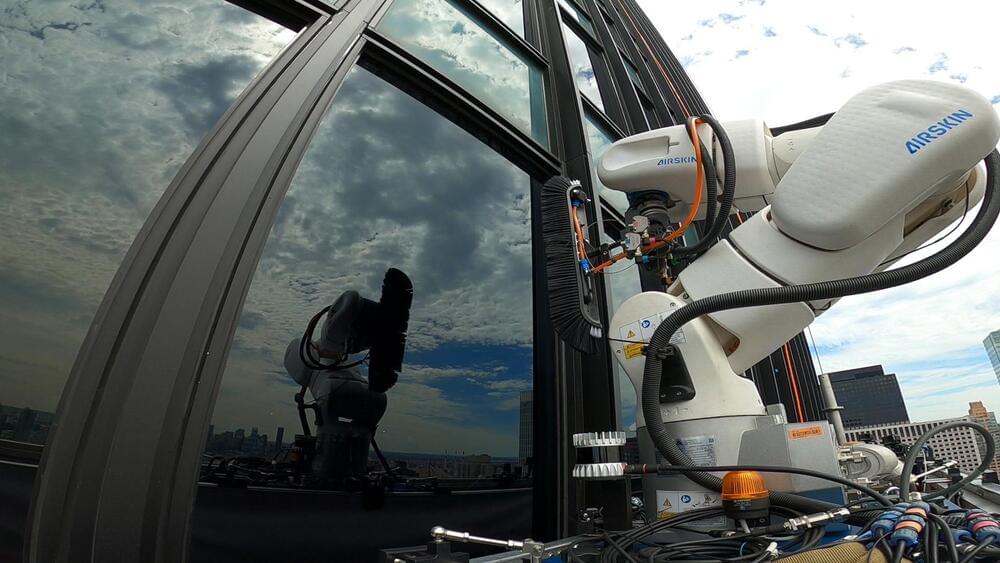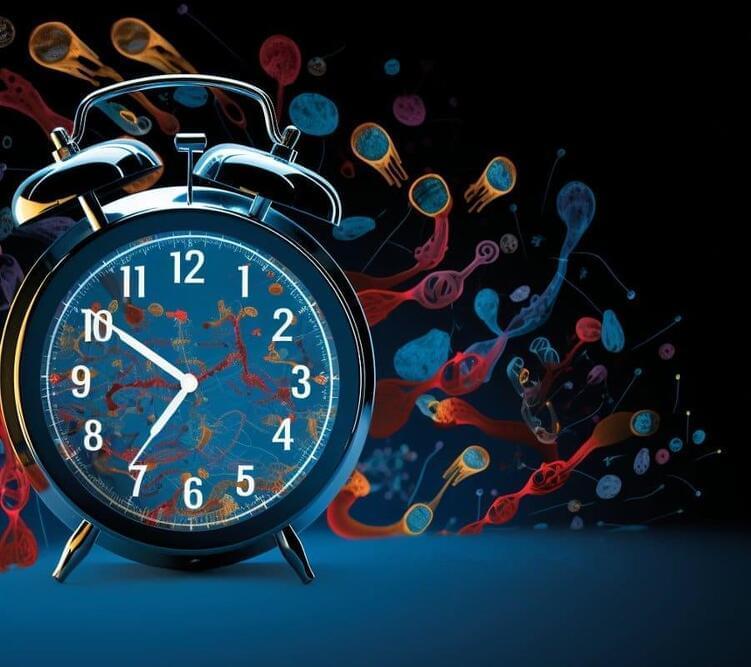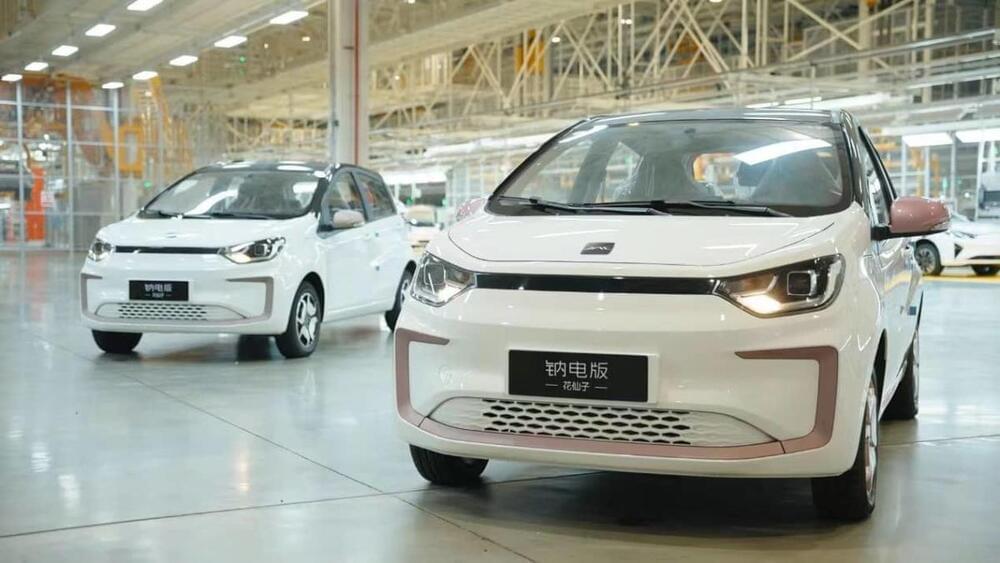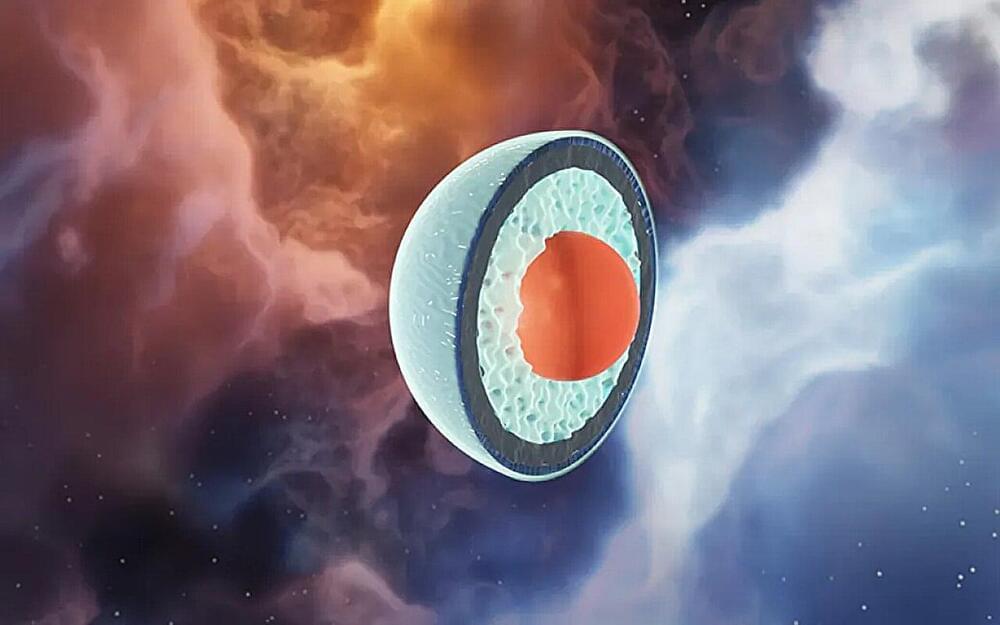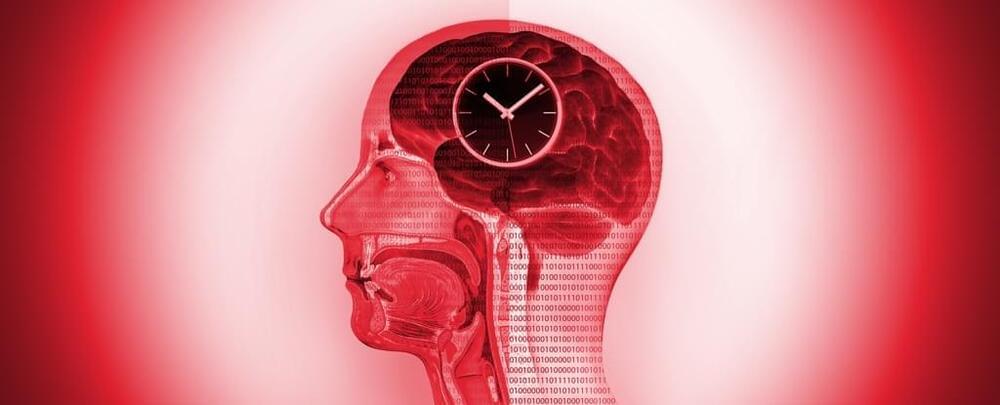Previously, researchers have used implants surgically placed in the brain or bulky, expensive machines to translate brain activity into text. The new approach, presented at this week’s NeurIPS conference by researchers from the University of Technology Sydney, is impressive for its use of a non-invasive EEG cap and the potential to generalize beyond one or two people.
The team built an AI model called DeWave that’s trained on brain activity and language and linked it up to a large language model—the technology behind ChatGPT—to help convert brain activity into words. In a preprint posted on arXiv, the model beat previous top marks for EEG thought-to-text translation with an accuracy of roughly 40 percent. Chin-Teng Lin, corresponding author on the paper, told MSN they’ve more recently upped the accuracy to 60 percent. The results are still being peer-reviewed.
Though there’s a long way to go in terms of reliability, it shows progress in non-invasive methods of reading and translating thoughts into language. The team believes their work could give voice to those who can no longer communicate due to injury or disease or be used to direct machines, like walking robots or robotic arms, with thoughts alone.
